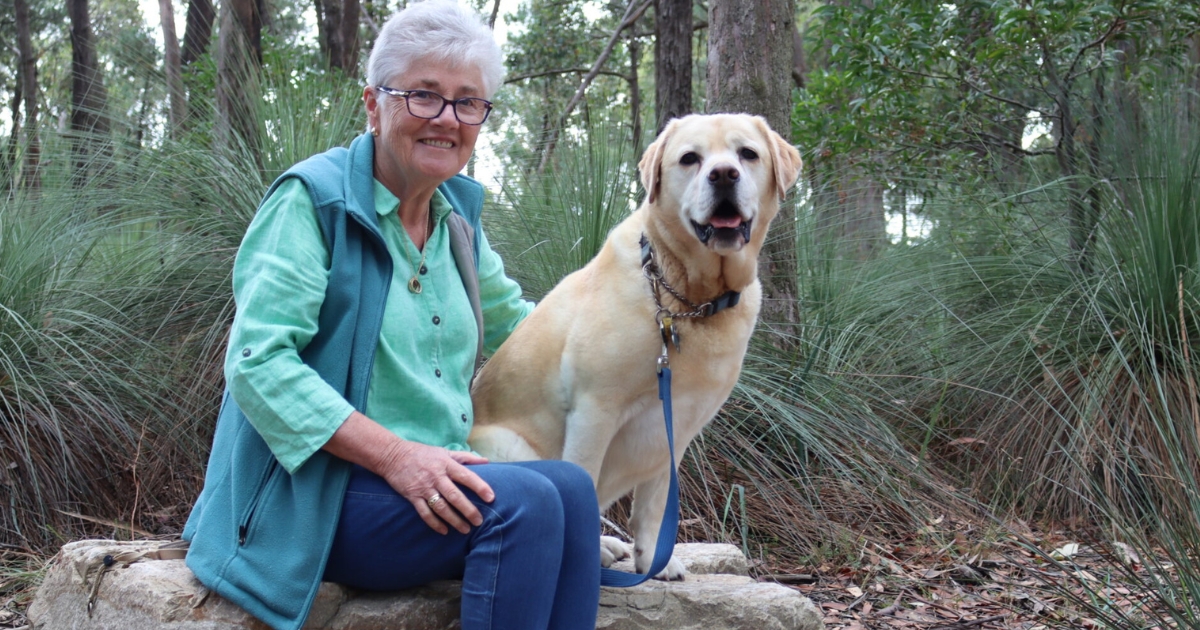Making code of practice mandatory to protect our bees
BEEKEEPERS are invited to give feedback on proposed regulation changes aimed at improving the health of our bees.
The Victorian Government is proposing to amend part of the Livestock Disease Control Regulations 2017 to mandate that beekeepers follow the Australian Honey Bee Industry Code of Practice.
The code, which minimises the impacts of pests and diseases in beehives, was given the vote of support in each state and nationally endorsed in July 2016.
Victoria’s Chief Plant Health Officer, Dr Rosa Crnov, said the amendments would improve the standard of beekeeping across Victoria, requiring beekeepers to follow the same practices as outlined in the Code, and ensuring the industry’s biosecurity is enhanced.
“If all beekeepers follow the best practice guidelines outlined in the national code, it will help to ensure the future viability and sustainability of our honey bee and pollination industries,” Dr Crnov said.
The honey bee industry is estimated to contribute about $17.5 million to the Victorian economy, while the value of pollination services to Australia has been estimated at more than $8 billion.
“Parts of the Code are already covered under our current legislation, but these amendments will help us achieve national consistency, and help protect our valuable bee population.”
Some of the changes will apply to all beekeepers; other amendments will apply only to beekeepers with 50 or more hives because of the increased biosecurity risks that these beekeepers manage.
The most significant changes proposed are requirements for beekeepers to:
• check their hives for pests and diseases
• improve record keeping of biosecurity-related actions and observations
• control pests and diseases, and manage weak hives
• protect hives from neglect or exposure to pests and diseases.
Dr Crnov said the changes would ensure that beekeepers conduct regular surveillance for the presence of notifiable exotic and endemic pests and diseases, and would assist in the management of significant endemic diseases of bees, particularly American foulbrood.
Feedback on the proposed amendment changes can be submitted until 3 March 2019 on the Engage Victoria website at engage.vic.gov.au.



















